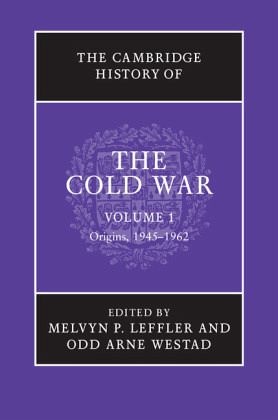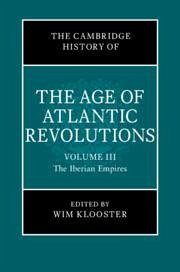Nicht lieferbar

The Cambridge History of the Cold War 3 Volume Set
Versandkostenfrei!
Nicht lieferbar
The Cambridge History of the Cold War is a comprehensive, international history of the conflict that dominated world politics in the twentieth century. The three-volume series, written by leading international experts in the field, elucidates how the Cold War evolved from the geopolitical, ideological, economic and socio-political environment of the two World Wars and the interwar era, and explains the global dynamics of the Cold War international system. It emphasises how the Cold War bequeathed conditions, challenges and conflicts that shape international affairs today. With discussions of d...
The Cambridge History of the Cold War is a comprehensive, international history of the conflict that dominated world politics in the twentieth century. The three-volume series, written by leading international experts in the field, elucidates how the Cold War evolved from the geopolitical, ideological, economic and socio-political environment of the two World Wars and the interwar era, and explains the global dynamics of the Cold War international system. It emphasises how the Cold War bequeathed conditions, challenges and conflicts that shape international affairs today. With discussions of demography and consumption, women and youth, science and technology, ethnicity and race, the volumes encompass the social, intellectual and economic history of the twentieth century, shedding new light on the evolution of the Cold War. Through its various geographical and national angles, the series signifies a transformation of the field from a national - primarily American - to a broader international approach.











